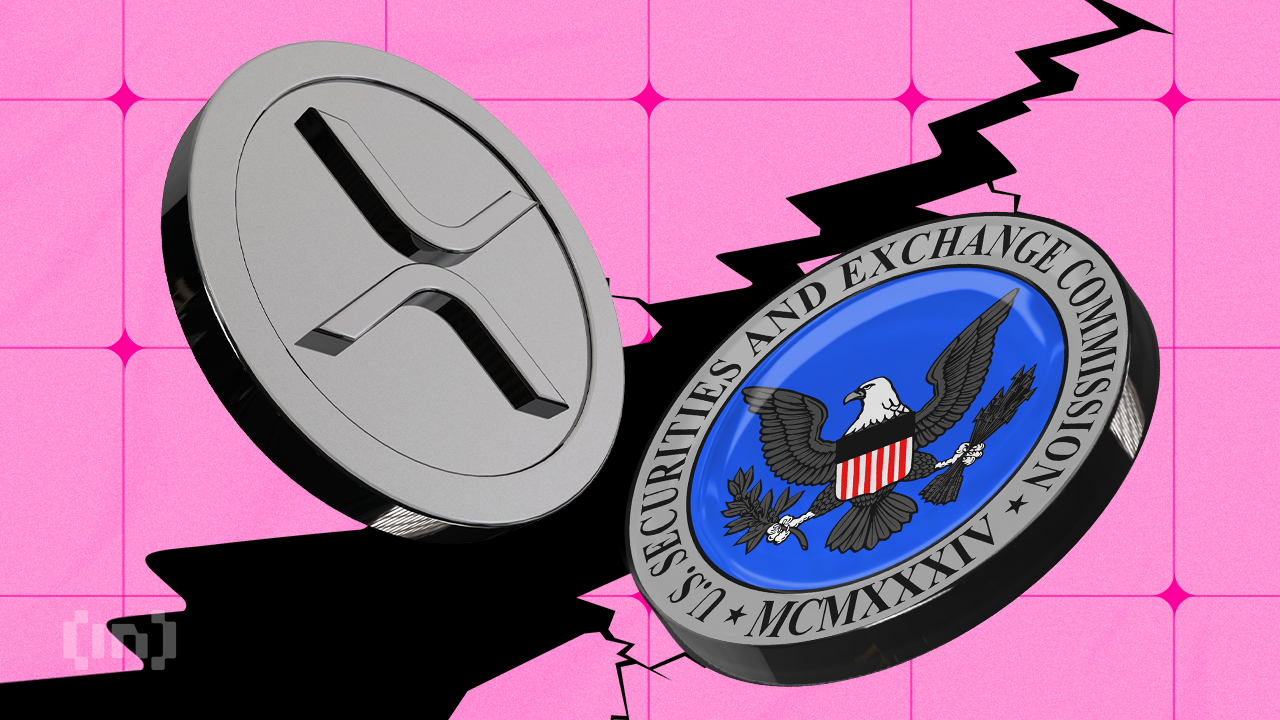The Latest Development in the Ripple vs. SEC Lawsuit: An Opposition Filed Against a Non-Party
The ongoing legal battle between Ripple Labs, the blockchain payment solutions provider, and the Securities and Exchange Commission (SEC) has taken another intriguing turn. The SEC has filed an opposition to a request from Amicus Curiae CoinCenter, a non-party to the lawsuit, to submit decisive evidence in the case.
Background of the Ripple vs. SEC Lawsuit
For those unaware, the Ripple vs. SEC lawsuit began in late 2020 when the SEC charged Ripple Labs, its executives, and co-founders Brad Garlinghouse and Chris Larsen with selling unregistered securities in the form of XRP tokens. The SEC alleged that Ripple had raised over $1.3 billion through the sale of unregistered securities, violating federal securities laws.
Amicus Curiae CoinCenter’s Role in the Lawsuit
Amicus Curiae CoinCenter, a non-profit organization focused on advancing a more open financial system, filed a motion to intervene in the lawsuit in January 2021. The organization argued that the SEC’s actions could have far-reaching consequences for the entire crypto industry. They requested the opportunity to present evidence that XRP is not a security, as the definition of a security under the Howey Test is not entirely clear in the context of digital assets.
The SEC’s Opposition to CoinCenter’s Request
In the most recent development, the SEC has filed an opposition to CoinCenter’s request to submit evidence. The SEC argues that the organization does not have standing to present evidence in the case and that its involvement could potentially delay the proceedings. The SEC also maintains that its position on XRP is well-established and that CoinCenter’s intervention is not necessary.
Implications for Individuals and the Crypto Industry
The outcome of the Ripple vs. SEC lawsuit could have significant implications for individuals who have invested in XRP and the broader crypto industry. If the SEC determines that XRP is a security, it could potentially lead to a massive sell-off of the token, causing significant losses for investors. Conversely, if XRP is deemed not to be a security, it could open the door for other digital assets to follow suit.
The SEC’s opposition to CoinCenter’s request to present evidence could potentially slow down the resolution of the lawsuit. However, it could also be seen as a sign that the SEC is confident in its position on XRP and does not feel the need for additional evidence to support its case.
Global Impact
The Ripple vs. SEC lawsuit has garnered widespread attention due to its potential impact on the crypto industry as a whole. If the SEC’s definition of a security is applied to XRP, it could set a precedent for how other digital assets are classified and regulated. This could have significant implications for countries with developing crypto industries, as well as for global financial institutions dealing with digital assets.
The outcome of the lawsuit could also impact the relationship between the SEC and the crypto industry. If the SEC is seen as taking a heavy-handed approach to regulating digital assets, it could deter innovation and investment in the space. Conversely, if the SEC is able to strike a balance between regulation and innovation, it could pave the way for a more mature and sustainable crypto industry.
Conclusion
The latest development in the Ripple vs. SEC lawsuit – the SEC’s opposition to CoinCenter’s request to present evidence – adds another layer of complexity to an already intriguing case. The outcome of the lawsuit could have far-reaching implications for individuals, the crypto industry, and the global financial system as a whole. As the case progresses, it is essential to stay informed about the latest developments and their potential impact on the crypto landscape.
- Ripple Labs and the SEC are engaged in a legal battle over the status of XRP as a security.
- Amicus Curiae CoinCenter, a non-profit organization, filed a motion to intervene and present evidence in the case.
- The SEC has opposed CoinCenter’s request, arguing that the organization does not have standing and its involvement could delay the proceedings.
- The outcome of the lawsuit could have significant implications for individuals, the crypto industry, and the global financial system.





